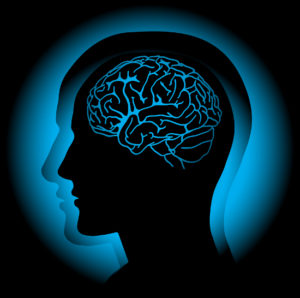Whatever the cause, clinical depression sufferers are often shackled to a prison of ruminative, negative thoughts about the world and themselves.
They are full of self-loathing, feelings of worthlessness, and a sense of failure. Confidence in their ability to build and maintain successful relationships is eroded. Their sense of competency about their work can plummet as they struggle to get things done, be productive and earn a living. Some may even hate themselves when lost in this destructive process.
If that weren’t tough enough, are brains actually work against in this negative spiral. Psychologist Margaret Wehrenberg writes:
“Brain function plays a role in rumination in several ways, but one significant aspect









